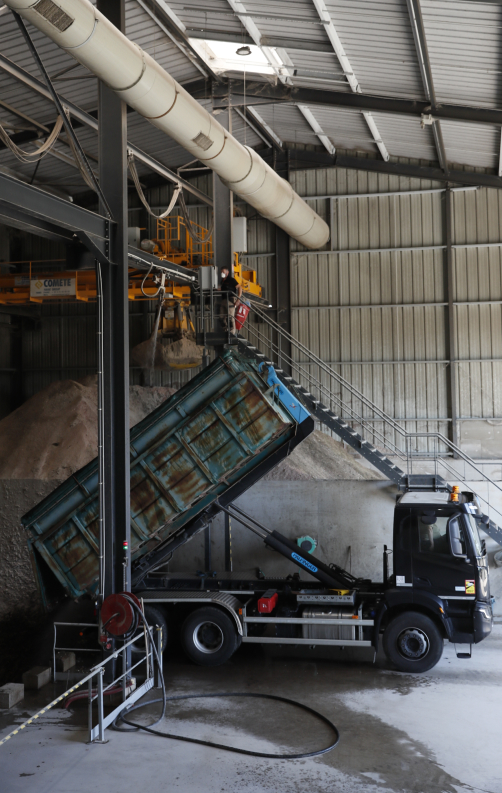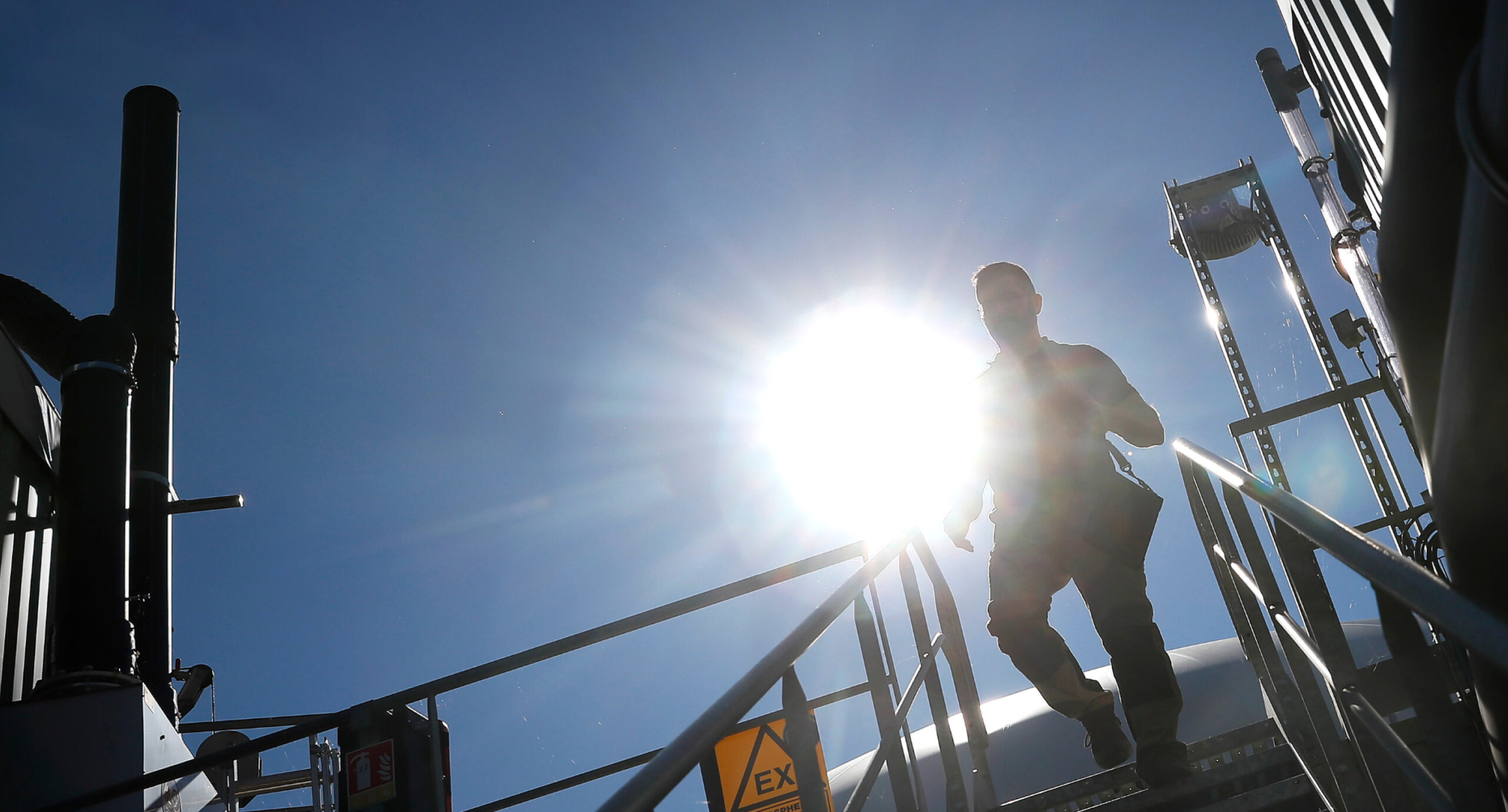Get the most out of your plant
Delegated management
A delegated management team consists of three to five people who work in the local area and are available 24/7. They manage your plant’s day-to-day operations, including feedstock input, daily monitoring and equipment maintenance.
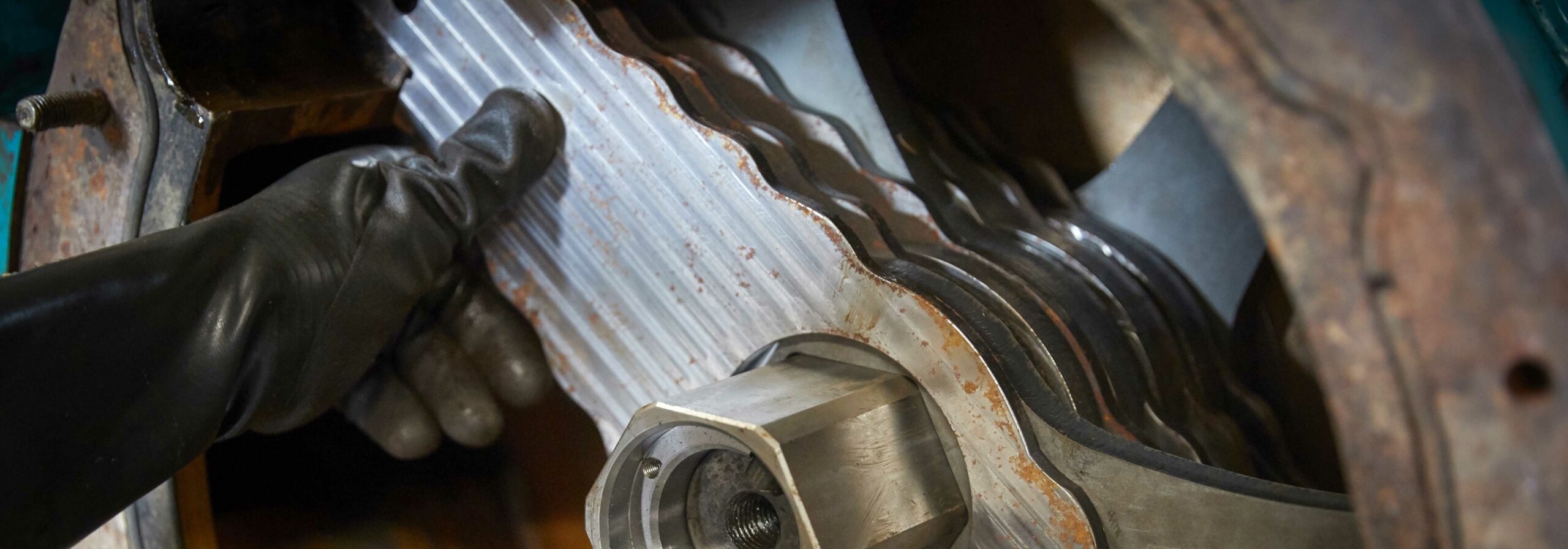
Operational support
We support you in getting the most out of your plant, sharing operational knowledge through a dedicated point of contact. This representative is also responsible for optimising the performance of your plant to meet set targets. There are several ways to do this:
Reducing electricity use
Conducting a consumption audit to identify the most energy-intensive functions and suggesting reduction solutions such as installing solar panels, modifying motor insulation classes, optimising agitator operation time, introducing a cogeneration motor for energy autonomy, etc.
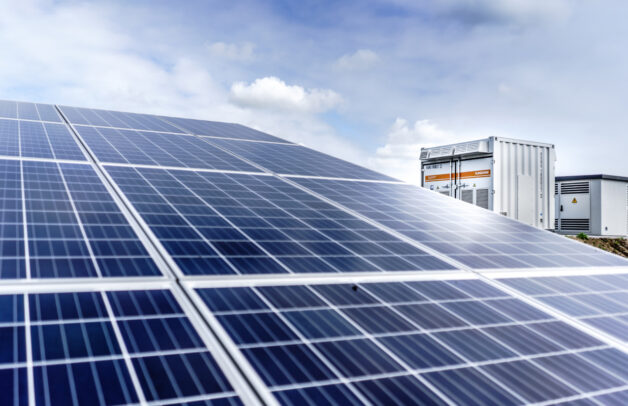
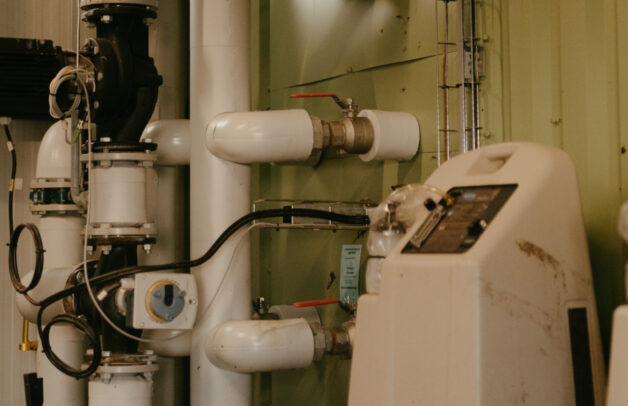
Reducing or recovering any heat produced
Installing insulating membranes on the gas holders to avoid heat loss. Recovering the heat from cogeneration motors and using it to heat the digesters. Generating additional electricity using the heat produced by the cogeneration unit using an Enogia ORC solution.
Improving biogas production
Producing more gas by adjusting the ratios of different feedstocks. Introducing innovative processes to maximise production and the virtuous nature of the plant (see our innovations)
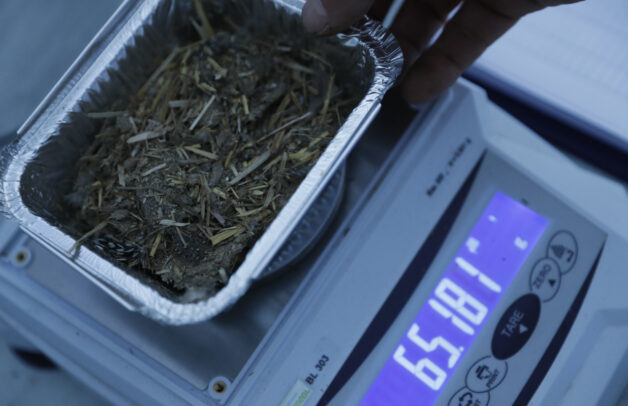
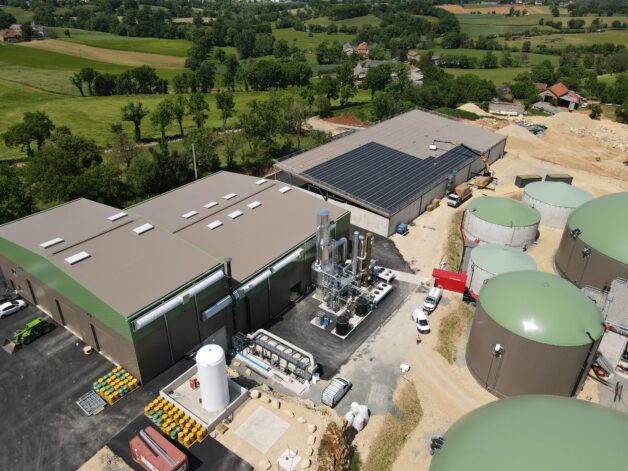
Upgrading the site
Meeting the need for modernisation and increasing the plant’s power. Mitigating potential incidents by installing redundant systems (double incorporation screw, two actuators, etc.). Upgrading equipment in line with the latest technological advances.
Biological monitoring
Maximise your plant’s performance to maximise your return on investment.
For more than 15 years, Sycomore’s lab has helped biomethane plant operators to optimise their performance. To guarantee optimal biogas production, it’s important to carry out regular biological monitoring.
Digestate analysis
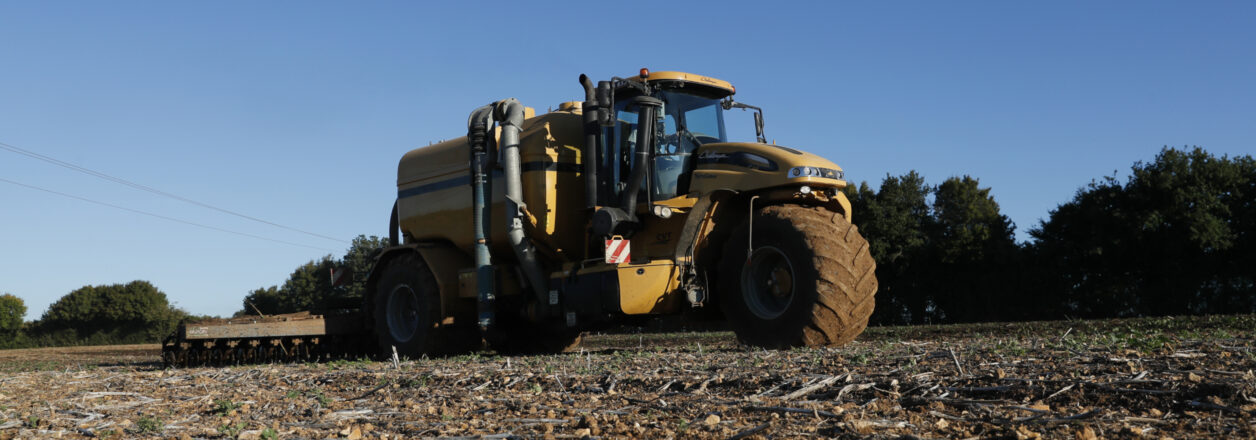
This ensures that any digestate spread will easily meet the quality standards of public health bodies :
• Agronomic analysis: N/P/K and Mg/Ca/Na/S
Trace metals/trace organic compounds/undesirable components
• Pathogens (Salmonella and E.Coli)
Monitoring frequency: at least twice per year for bacteriological analysis and prior to spreading for agronomic/trace metal/trace organic compound analyses.
We can take care of biological monitoring for your biomethane plant. We can advise on how best to optimise productivity and ensure that any digestate spread complies with public health regulations. You can also choose to be partially or fully autonomous, depending on which bundle of services suits you best.


